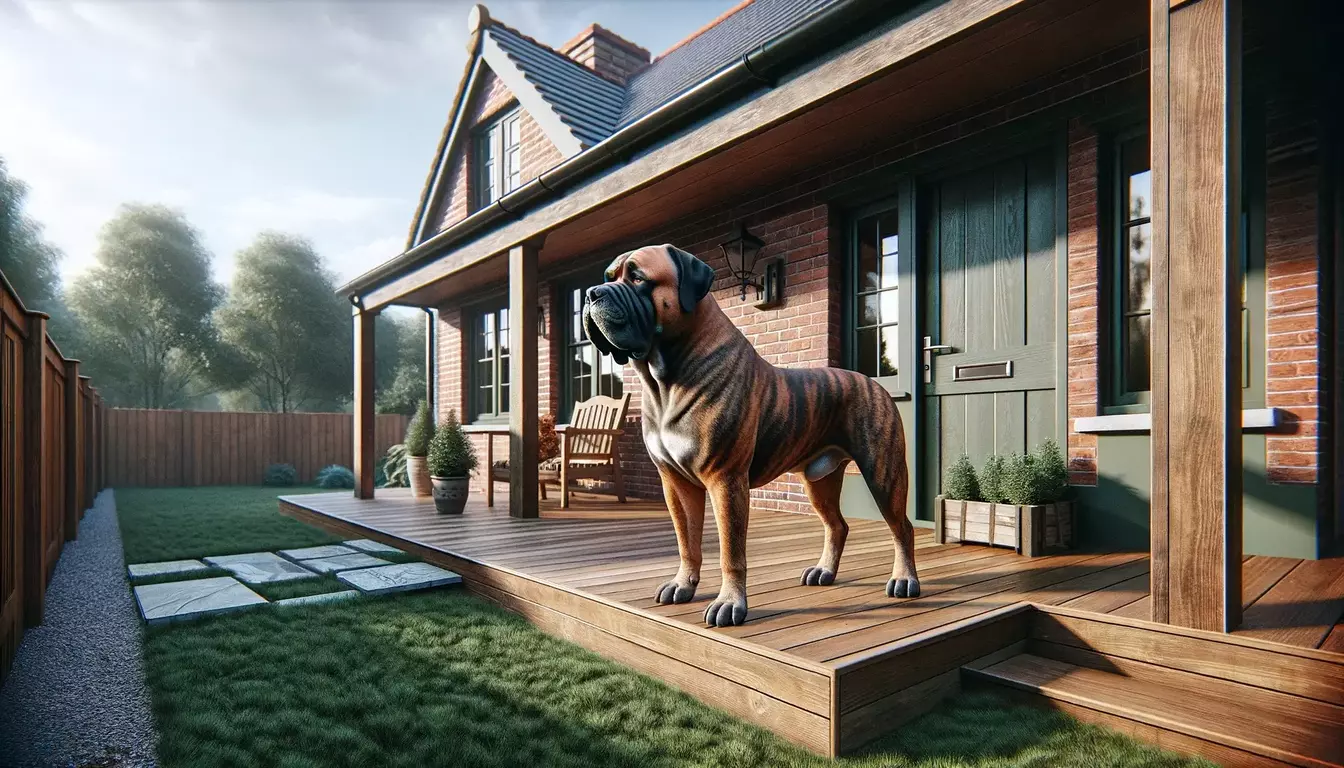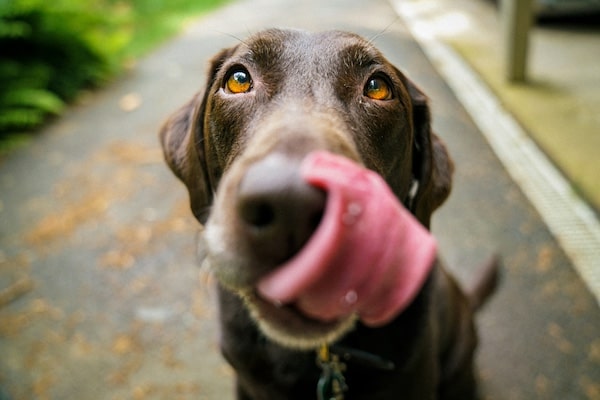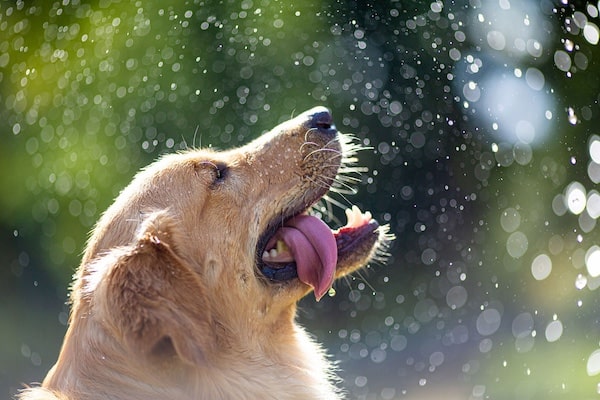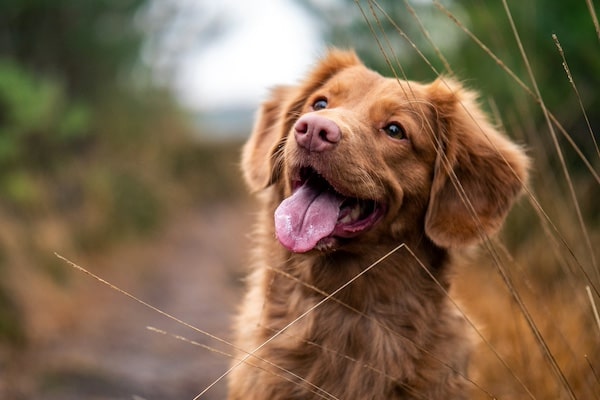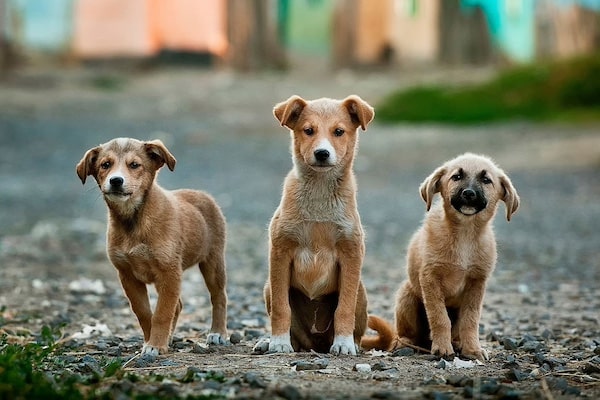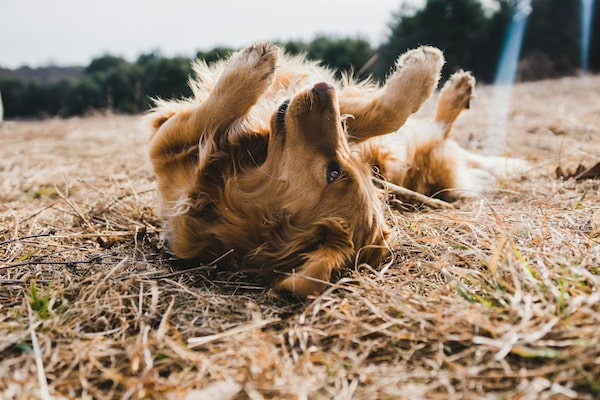Choosing the right dog breed for guarding your home requires careful consideration of each breed’s unique traits and characteristics. Guard dogs are not just about size and strength; their temperament, loyalty, and trainability play crucial roles in how effectively they protect your home and family. The ideal guard dog is vigilant, courageous, and able to distinguish between normal and threatening situations.
This guide explores the top ten dog breeds known for their guarding abilities, discussing the distinctive attributes that make them excellent protectors.
Key Characteristics
The key characteristics of an effective guard dog include loyalty, alertness, and courage. These traits ensure that the dog is not only dedicated to protecting its home and family but also capable of discerning genuine threats and acting appropriately. Here’s a closer look at these essential qualities.
- Loyalty: A common trait among all these breeds is their unwavering loyalty to their families.
- Alertness: High sensory capabilities enable them to detect unusual activities quickly.
- Courage: They do not hesitate to confront a threat when necessary.
German Shepherd
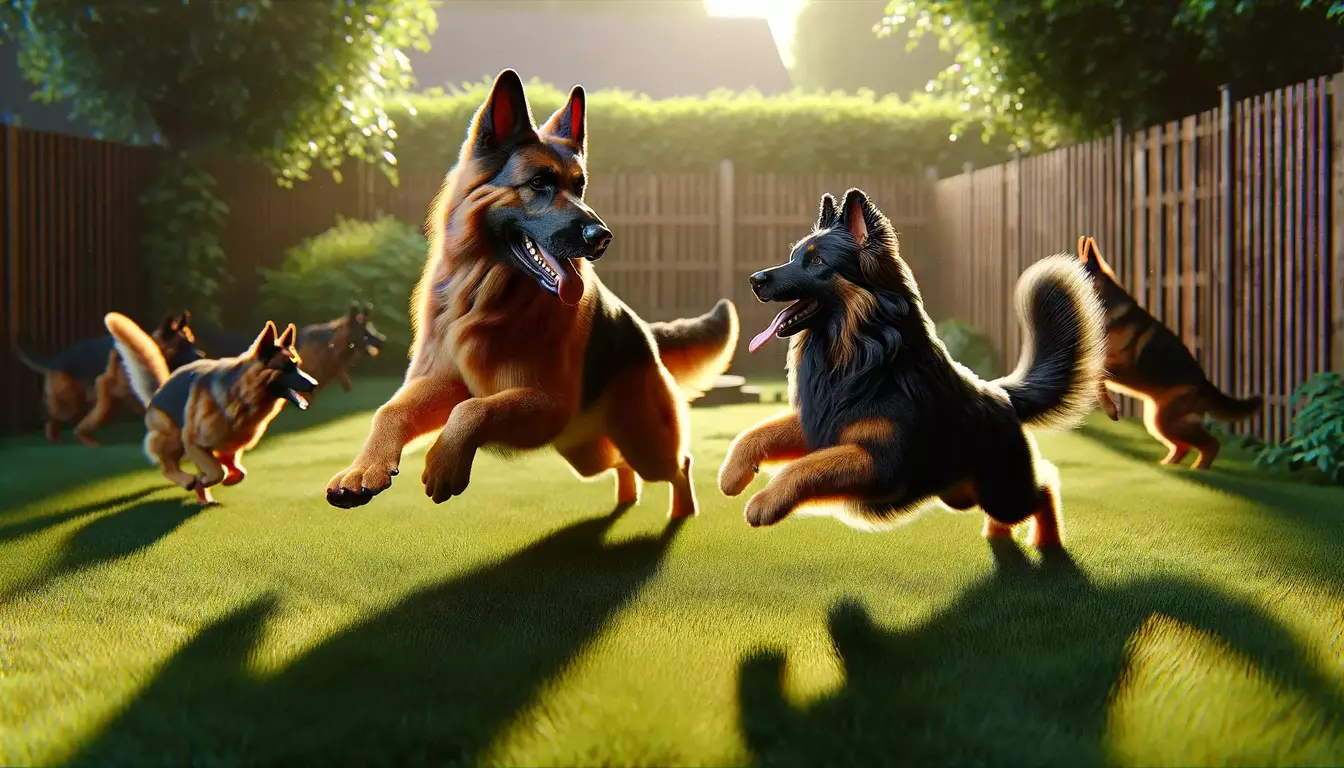
German Shepherds stand out as the epitome of the guard dog breed, renowned for their versatility and intelligence. This breed’s origins trace back to Germany in the late 19th century, where they were initially used for herding sheep and protecting flocks. Today, their roles have expanded significantly, making them favorites in police and military duties worldwide due to their high trainability, strong work ethic, and adaptable nature.
The German Shepherd’s guarding prowess stems from a combination of traits. They possess a keen intellect, allowing them to learn commands quickly and respond in a variety of situations. Their loyalty to their family is unmatched, and they are known for their courage, often putting themselves in harm’s way to protect their owners. With a naturally protective temperament, they are cautious around strangers yet can be gentle and affectionate with family members, making them excellent companions as well as protectors.
Physically, German Shepherds are large and imposing, with a strong, muscular build that enables them to handle both physical challenges and endurance tasks. Their acute senses, especially their ability to hear frequencies beyond human capability, make them exceptional watchdogs. They require regular mental and physical stimulation to prevent boredom and maintain their well-being, which also enhances their effectiveness as guard dogs.
Training is crucial for German Shepherds, as their intelligence and energy must be channeled appropriately. They thrive on positive reinforcement techniques, and with the right training, they become disciplined and controlled protectors, capable of distinguishing between normal and threatening behaviors. Their versatility and ability to adapt to various roles—from search and rescue to service dogs for the disabled—further demonstrate their comprehensive guarding capabilities.
Rottweiler
Rottweilers are one of the most reliable breeds for guarding due to their formidable physical strength and deep-rooted protective instincts. Originating from the Roman legions’ dogs, they were used to herd livestock and pull carts laden with butchered meat to market. Over time, Rottweilers have transitioned from drovers to protectors, securing their place as steadfast guardians of their families and homes.
A Rottweiler’s guarding ability is largely due to its confident and fearless nature, paired with a body that is compact and powerful. They exude an aura of strength and dominance, which serves as a natural deterrent to intruders. Despite their tough exterior, Rottweilers are known for their unwavering loyalty and affection towards their family members, often showing a playful side to those they trust.
Their intelligence is a significant aspect of their character, allowing them to be highly trainable. However, they require firm, consistent discipline from an early age to shape them into well-mannered and controlled adults. Socialization is also crucial, as Rottweilers can be reserved and suspicious of strangers, qualities that, while beneficial for a guard dog, need to be managed to avoid aggressive behaviors.
Rottweilers are protective without being overly aggressive. They are usually calm and observant, assessing situations before reacting. This thoughtful approach to protection ensures they act appropriately to the level of threat, distinguishing between normal visitors and potential dangers. This discernment makes them not only effective guards but also reliable family members who can interact safely with children and other pets when properly trained.
Doberman Pinscher
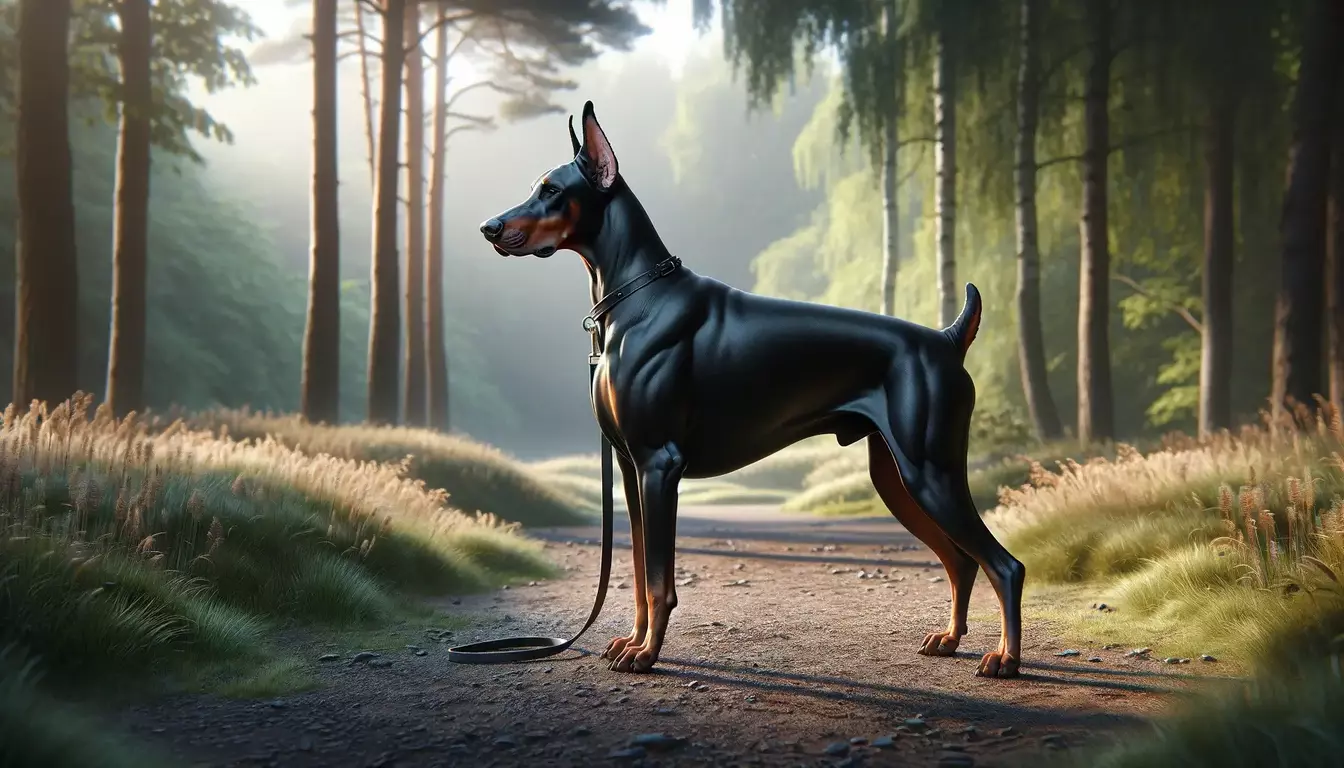
Doberman Pinschers are renowned for their agility, speed, and unwavering loyalty, making them one of the most effective guard dogs. Developed in Germany in the late 19th century by a tax collector named Louis Dobermann, these dogs were bred specifically to protect him during collections. The breed combines the best traits of several dogs including the Rottweiler, Greyhound, and Weimaraner, resulting in a fearless and fast protector.
Dobermans are sleek, powerful dogs with a graceful and athletic build that allows for exceptional speed and stamina. Their physical prowess is matched by an intense loyalty to their family, whom they will protect at all costs. This breed is highly intelligent, which makes them easy to train, but they also require a leader who can offer firm, consistent guidance. They excel in obedience, making them reliable and controlled in protective situations.
The Doberman’s temperament is a balance of assertive and loving, making them ideal for families seeking protection and companionship. They are naturally protective and have a strong instinct to guard, which needs to be managed through socialization and training to prevent overly aggressive behaviors. Dobermans are particularly effective in guarding because of their ability to sense danger and react quicker than many other breeds, often deterring intruders with their formidable appearance and sharp bark.
Bullmastiff
Bullmastiffs are a testament to the ideal guard dog, combining brute strength, a formidable appearance, and a gentle temperament. Originally bred in England during the 19th century, these dogs were created by crossing Bulldogs with Mastiffs to produce a breed that could quietly track and pin down poachers without causing harm. The result is a dog that embodies the best of both breeds—power and determination with a calm and loyal demeanor.
Bullmastiffs are known for their physical strength and imposing size, often weighing between 100 and 130 pounds. Despite their size, they move with surprising agility and control. Their most distinctive feature as guard dogs is their natural instinct to protect without extensive training. They tend to be reserved, particularly with strangers, which makes them excellent at warding off unwanted visitors without the need for aggressive behavior.
Their protective nature is paired with an affectionate relationship towards their family. Bullmastiffs are extremely loyal and prefer being close to their household members, often acting as both a guardian and a companion. They require less exercise than some other guarding breeds but need regular opportunities to stretch their legs and play in a secure environment.
Training and socialization are essential for Bullmastiffs to ensure they remain well-behaved and manageable. They respond well to positive reinforcement techniques and are known for their intelligence and willingness to please their owners. Their quiet confidence and minimal barking add to their effectiveness as guard dogs, as they typically reserve barking for only the most necessary moments, ensuring their warnings are taken seriously.
Belgian Malinois
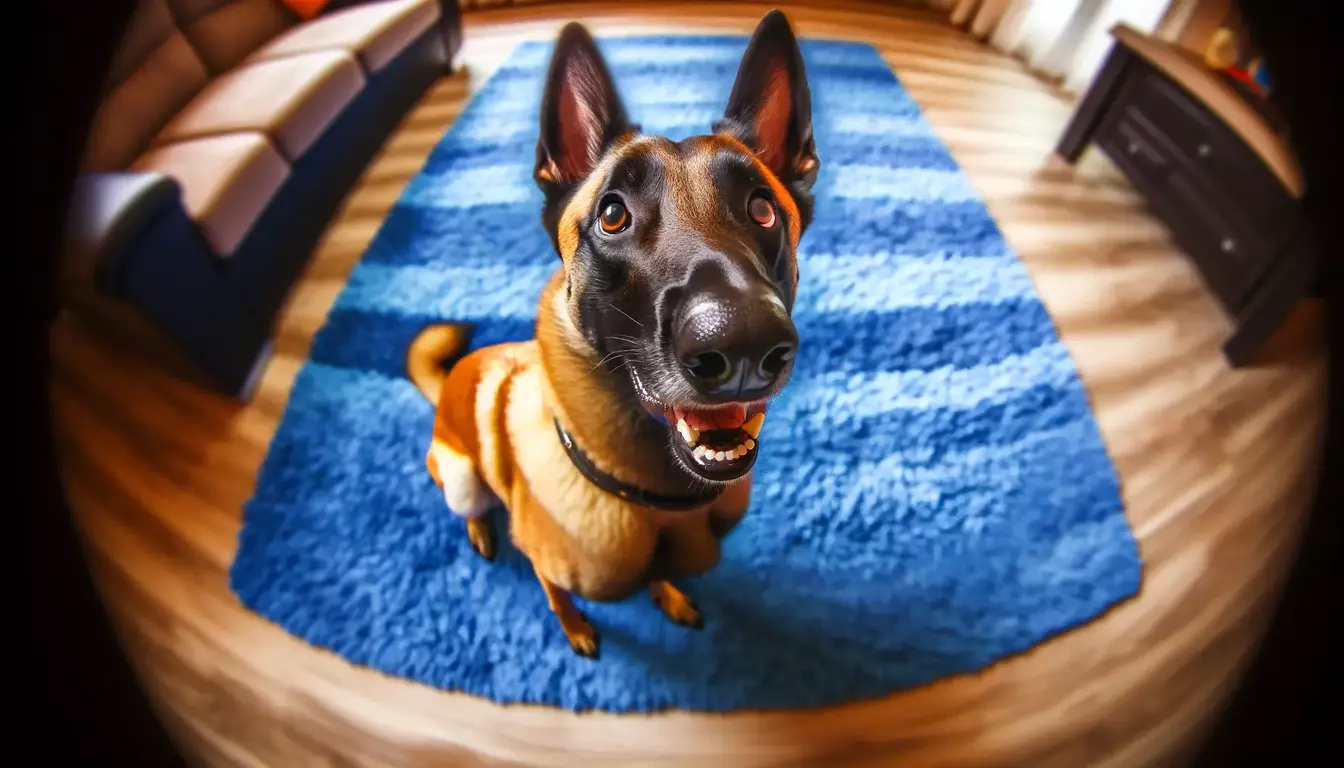
The Belgian Malinois is often regarded as one of the most capable breeds in the realm of protection and guarding. Originating from Belgium, this breed was primarily used for herding and protective duties. Due to their profound intelligence and high energy levels, they are frequently employed in police and military roles around the world, including tasks such as detection, search and rescue, and as service dogs for the armed forces.
Belgian Malinois are medium-sized dogs but don’t let their size fool you; they possess a level of energy and agility that surpasses many larger breeds. Their work ethic is unmatched, driven by a desire to be active and engaged constantly. This breed is highly trainable, responding well to commands and able to perform complex tasks that other breeds might find challenging.
As guard dogs, Belgian Malinois excel due to their alertness and quick responsiveness. They are naturally wary of strangers, making them excellent watchdogs. Their loyalty to their handlers or family members is intense, and they often form a strong, protective bond. They are capable of discriminating between normal and threatening scenarios, reacting appropriately to ensure the safety of their charges.
The Malinois requires a dedicated owner who can provide plenty of mental and physical exercise. Without the proper outlet for their energy, they can become restless or exhibit problematic behaviors. However, with the right training and socialization, they are exceptionally well-mannered and effective in protective roles, combining the vigilance of a guardian with the gentleness of a family pet.
Boxer
Boxers are known for their playful spirit and boundless energy, traits that make them not only fun companions but also vigilant guard dogs. This breed originated in Germany as a descendant of hunting dogs, and while they were initially used for hunting large game, over time they have been cherished for their companionship and guarding abilities. Boxers possess a unique blend of athleticism, intelligence, and an inherent protective nature.
With a sturdy build and a distinctive, expressive face, Boxers are medium to large dogs that are both muscular and agile. Despite their formidable appearance, they are known for their affectionate nature, especially towards children, making them excellent family guardians. They are fearless and loyal, always ready to protect their home from intruders yet gentle enough to be safe playmates for kids.
Boxers are particularly effective as guard dogs due to their alertness and natural suspicion of strangers. They are quick to bark when they perceive a threat, which makes them excellent deterrents. However, their protective behavior is tempered by their desire to be involved with their family, as they thrive on interaction and affection.
Training and proper socialization are important for Boxers to ensure they develop a well-rounded temperament. They respond best to positive reinforcement methods, and consistent training helps channel their energy and intelligence into appropriate behaviors. Their combination of vigilance, strength, and loyalty, coupled with their playful and loving nature, makes Boxers standout guardians in both family and property protection scenarios.
Great Dane

Great Danes are known as “gentle giants” for their enormous size and equally large hearts. Originating in Germany, these dogs were initially bred for hunting wild boar and guarding estates. Today, while they retain their regal and imposing stature, Great Danes have become beloved family pets, known for their gentle nature and patient temperament. Despite their peaceful demeanor, their sheer size and deep bark make them natural deterrents against intruders.
A Great Dane’s physical presence is perhaps their most significant asset in guarding. They can stand up to 32 inches tall at the shoulder and weigh as much as 200 pounds. Their size alone is often enough to intimidate, yet they are surprisingly gentle and affectionate with their families. Great Danes are known for their loyalty and tend to be protective of their home and loved ones without being overtly aggressive.
These dogs are known for their calmness and are not typically high-strung or overly reactive. They possess a balanced temperament that makes them reliable and predictable, which is an important trait in a guard dog. Although they do not bark excessively, when they do, it is usually with good reason, which can alert owners to potential threats effectively.
Training and socialization are important for Great Danes, particularly when young and more impressionable. They respond well to positive reinforcement and require regular interaction to stay mentally stimulated. Their need for companionship means they thrive best when included as part of family activities, making them not just guards but integral family members.
Akita
The Akita is a breed with a noble lineage, originally used for guarding royalty and nobility in feudal Japan. This breed is revered in its homeland for its loyalty and courage, often considered a family protector. Akitas are large, powerful dogs with a robust build and a dignified demeanor. They are known for their unwavering loyalty to their owners, and they can be reserved, even aloof, with strangers, which makes them excellent guard dogs.
Akitas possess a complex temperament that combines independence with a profound sense of loyalty. They tend to be quiet dogs but are highly vigilant, always on alert for any signs of intrusion. This breed does not trust easily and thus is naturally wary of new people, which makes them particularly effective in a guard dog role. Their suspicion towards strangers and their protective instincts are deeply ingrained, often requiring careful handling to ensure they do not become overly aggressive.
These dogs are also known for their intelligence and willfulness, which means they need an owner who can provide firm, consistent leadership and training. They respond well to respectful, positive training methods and require regular mental and physical challenges to keep them engaged. Socialization is crucial for Akitas from a young age to help them develop into well-adjusted adults.
Akitas are particularly suited to guarding due to their natural inclination to be protective without the need for aggressive behavior. They are often content to observe quietly but will act decisively if they perceive a threat to their family or territory. Their loyalty and protective nature make them formidable protectors, embodying the qualities that make an excellent guard dog.
Giant Schnauzer
Giant Schnauzers are commanding figures, originally bred in Germany to drive cattle, guard breweries, and serve as dependable watchdogs. As the largest of the Schnauzer breed, they possess a unique blend of strength, intelligence, and endurance. This breed has a striking appearance with its dense, wiry coat and robust build, ideal for deterring any unwelcome visitors through looks alone.
The protective instinct of the Giant Schnauzer is one of its defining traits. They are highly territorial and naturally suspicious of strangers, which makes them excellent guard dogs. Their alertness and capacity to perceive potential threats are unparalleled, often acting with a deep, resonant bark that effectively announces their presence and warns off intruders.
Giant Schnauzers require a lot of mental stimulation and physical exercise, thriving on tasks that challenge both their mind and body. They are known for their loyalty and have a strong desire to be part of the family, often forming an intense bond with their owners. Training is essential for this breed, as they can be quite willful; they respond best to consistent, firm, yet positive handling. With proper training and socialization, Giant Schnauzers become well-adjusted family members who are both loving and protective.
Cane Corso
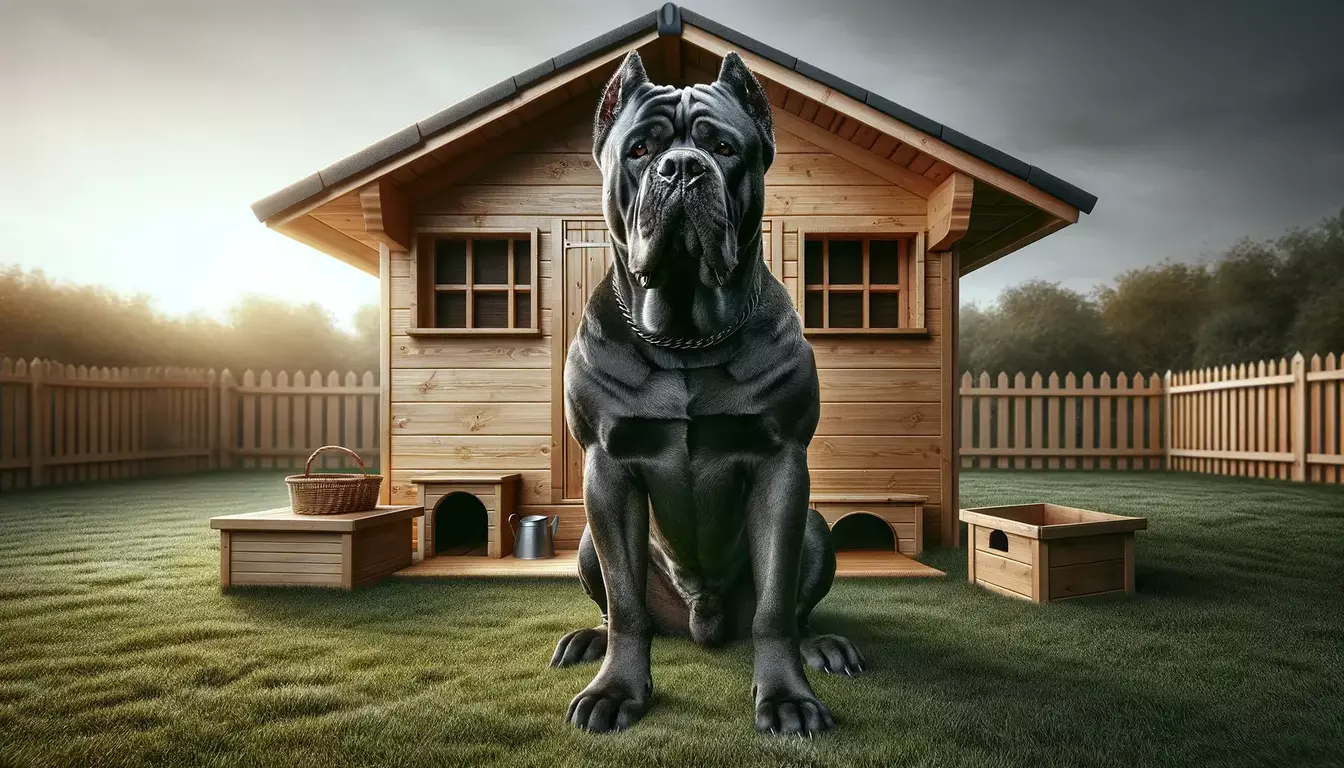
Cane Corsos are formidable Italian mastiffs, historically used for hunting large game and guarding property. They are among the most powerful of the guard dog breeds, combining size, strength, and a no-nonsense demeanor to protect their home and family. With their broad chests and muscular physique, Cane Corsos command respect with just their appearance, yet they are also sensitive and perceptive, making them well-suited to guarding.
As guard dogs, Cane Corsos exhibit a natural protectiveness that is both assertive and controlled. They are inherently wary of strangers and have a strong territorial instinct, which when coupled with their physical capabilities, makes them extremely effective protectors. These dogs are known for their quiet confidence; they rarely bark without cause, preferring to observe silently until action is necessary.
Training and leadership are crucial for Cane Corsos, given their size and strength. They need an owner who understands how to assert leadership in a calm, assertive manner. Socialization from an early age is important to prevent them from becoming overly aggressive. Cane Corsos thrive on having a job to do and require regular mental and physical challenges to keep them engaged and content.
Summary
Guard dogs are not just pets; they are committed protectors and loyal companions. Each breed offers unique qualities, but all share the instinct to guard and protect. Choosing the right breed involves understanding your own lifestyle and the level of commitment you can offer, ensuring that your guard dog is not only a deterrent but also a valued member of the family.
